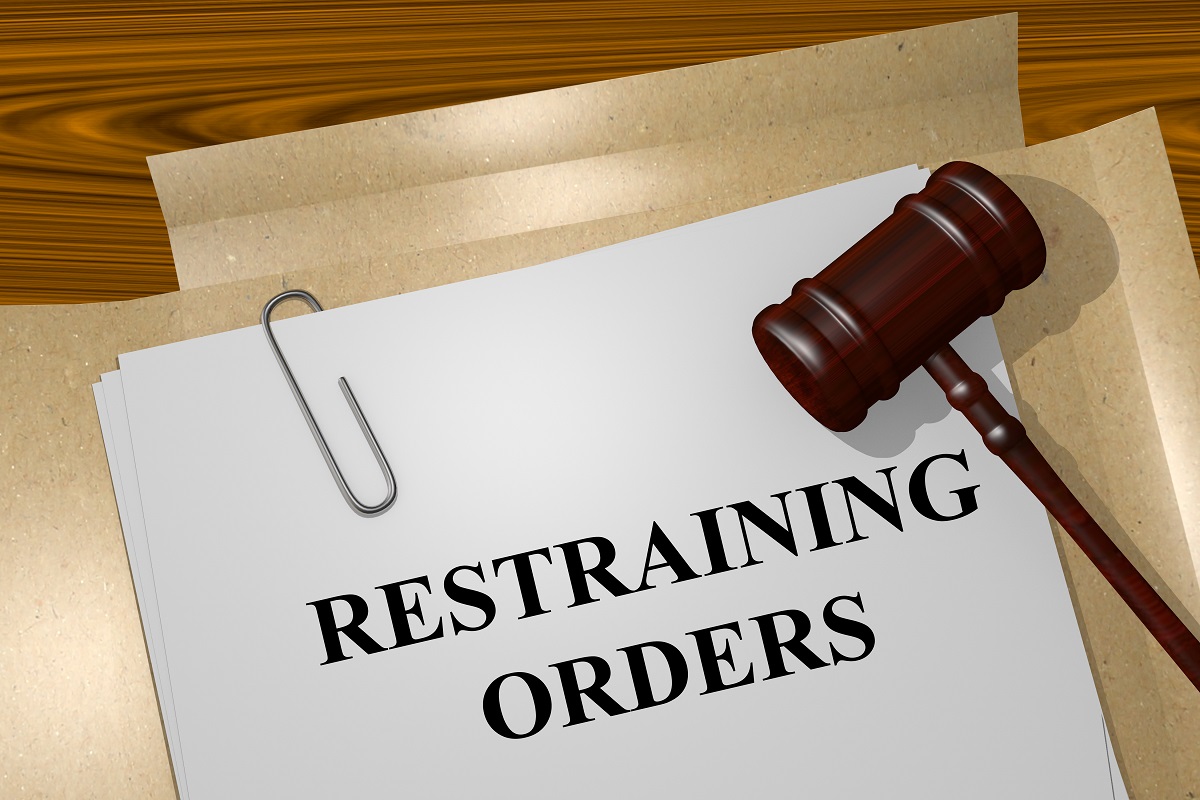- Abuse can take many forms, such as physical, emotional, verbal, financial, and sexual.
- Abusive relationships have a devastating impact on one’s mental and physical well-being.
- It takes courage to break away from an abusive relationship, but it is possible with the right resources.
- Essential steps to consider when trying to escape an abusive relationship include developing a safety plan and seeking professional help.
Living in an abusive relationship can be a daunting, physically and emotionally taxing experience. Getting out of the relationship can be a struggle, but staying in it for much longer can affect your well-being. It takes courage to step out and seek help, but once you do, you can reclaim your power and rediscover your happiness. Here are some essential steps to help you escape an abusive relationship.
What is an Abusive Relationship
Being in a relationship can be one of the most rewarding experiences in life. It can bring love and happiness and provide support during difficult times. However, not all relationships are healthy. When someone uses power and control to dominate and harm their partner, it can be considered an abusive relationship.
Abuse can take various forms, such as physical, emotional, verbal, financial, and sexual. It is important to note that abuse is never the victim’s fault, and seeking help is necessary to break free from the cycle of abuse. No one deserves to be mistreated, and recognizing the signs of abuse can be the first step toward healing.
The Effects of an Abusive Relationship on You

Abusive relationships have a devastating impact on one’s mental and physical well-being. They drain you emotionally and leave you feeling isolated and powerless. The constant fear of your partner’s unpredictable mood swings can lead to anxiety and depression. Victims of abusive relationships often suffer from low self-esteem and a distorted sense of self-worth, making it difficult for them to seek help or leave the toxic relationship.
The physical effects of abuse can also be severe, ranging from bruises and broken bones to permanent disabilities. It takes immense strength and courage to break free from an abusive relationship, and seeking support from friends, family, or professionals is crucial for healing. Remember, you are not alone, and help is available to regain control of your life and move toward a brighter future.
Escaping an Abusive Relationship
It may seem impossible to break away from an abusive relationship, especially if you have been stuck in the cycle of abuse for a long time. However, it is essential to remember that you can regain control and seek help. Here are some essential steps to consider when trying to escape an abusive relationship:
Develop a Safety Plan
Abusers can be very manipulative and unpredictable, and you must plan your escape strategy as safely as possible. You can start by contacting a trusted friend or family member who can provide you with a safe place to stay.
Ensure that, when possible, you remove any important documents such as passports, licenses, and social security cards and keep them in a safe place. Additionally, avoid violent confrontations and refrain from notifying your partner of your intentions to leave.
Seek Professional Help
Leaving an abusive relationship can be a daunting task that requires professional help. It’s important to remember that it’s okay to seek help and that you’re not alone.
You can contact a local domestic violence hotline or a therapist specializing in domestic abuse to guide you. Remember that professionals have the experience and knowledge to help you remove yourself from a dangerous situation.
Get a Restraining Order

If you’re in an abusive relationship and looking for a way out, knowing that help is available is essential. One option is to obtain a restraining order, a court order prohibiting the abuser from contacting or coming near you. But navigating the legal system can be overwhelming, especially when emotions are high.
That’s why it’s crucial to work with a reputable restraining order lawyer who can guide you through the process and protect your rights. With their help, you can take the first step to reclaim your safety and freedom.
Build a Support Network
Developing a support network is essential in moving on from an abusive relationship. You can contact friends, family members, or acquaintances for emotional support. They can encourage you and help you develop a plan to move forward. You can also seek out support groups that provide a safe space to share your experiences and connect with others who have gone through similar situations.
Final Thoughts
Escaping an abusive relationship takes a lot of courage and effort, but you must prioritize your safety and well-being. Remember that there is no right way to leave an abusive relationship, and everyone’s experience differs. Be patient with yourself and celebrate your progress, no matter how small. Always trust your instincts and seek help when you feel threatened or in danger. You deserve to be loved, respected, and safe.


